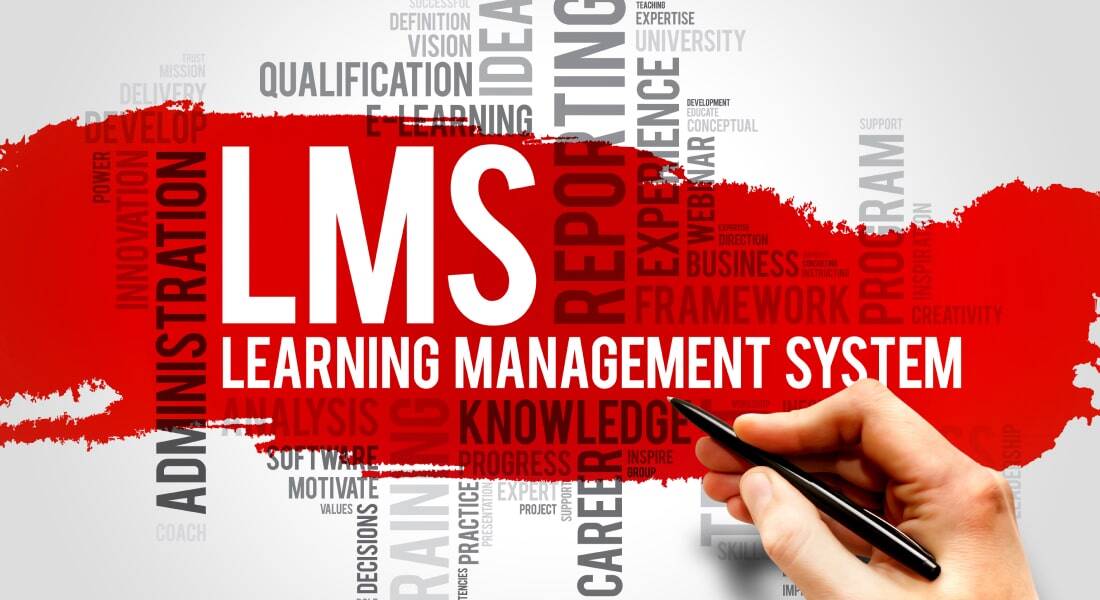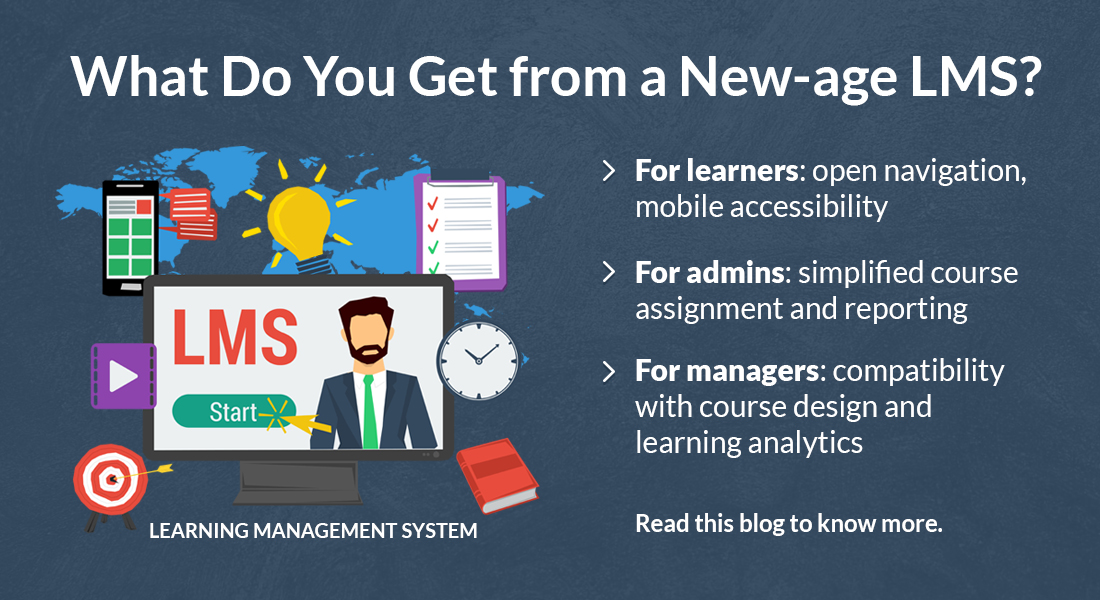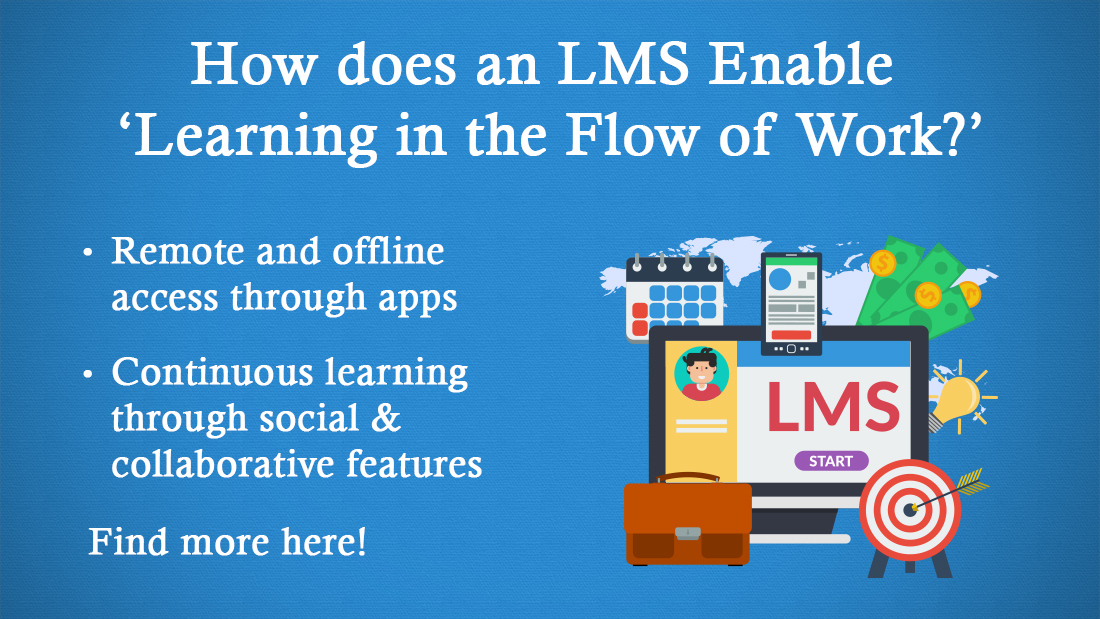6 LMS Administration Best Practices for Corporate Training Success

In today's rapidly evolving business landscape, a well-designed Learning Management System (LMS) is no longer a luxury; it's a strategic advantage. But simply implementing an LMS isn't enough. To unlock its true potential and drive corporate training success, effective administration is key. Here's where you, the LMS administrator, step into the spotlight.
Stuck in a Siloed LMS? Boost Learning Across Your Extended Enterprise!
This guide explores 6 essential LMS administration practices to maximize employee training & engagement. Learn how to:
- Craft personalized learning paths based on individual goals.
- Celebrate training achievements to keep learners motivated.
- Leverage LMS data & feedback for continuous improvement.
This guide equips you with 6 essential practices to master LMS administration and ensure your training programs deliver impactful results:
LMS Administration Best Practices to Master Corporate Training
1. Charting Your Course: Defining Clear Objectives
Before embarking on your LMS journey, it's crucial to define your destination. What are the overarching goals you're aiming to achieve with your new system?
Here are some key objectives to consider:
- Boosting Employee Knowledge & Skills: Equipping your workforce with the necessary knowledge and skills to excel in their roles.
- Improving Learning Engagement: Creating an engaging learning environment that promotes participation and knowledge retention.
- Enhancing Training Efficiency: Streamlining training delivery processes and optimizing resource allocation.
- Simplifying Compliance Management: Ensuring efficient compliance training and maintaining accurate records.
- Measuring Learning Outcomes: Tracking and measuring training effectiveness to demonstrate ROI and make data-driven decisions.

Once you've identified your primary objectives, prioritize them. Focus on the most critical goals first, ensuring your LMS implementation directly addresses them. This targeted approach ensures you're not overwhelmed by bells and whistles but have a laser focus on achieving the most impactful outcomes.
2. Building Your Dream Team: Assembling the Right Players
A successful LMS implementation requires a collaborative effort from various stakeholders. Here's how to assemble your dream team for LMS success:
- Team Leaders: Identify strong leadership figures who can champion the LMS initiative, provide direction, and motivate the team.
- Project Managers: Appoint project managers with strong organizational skills to oversee the implementation process, manage timelines, and ensure smooth execution.
- eLearning Specialists: Include eLearning specialists who understand adult learning principles and can create engaging, high-quality training content for your LMS.
- Training Administrators: Train dedicated administrators who will manage the day-to-day operations of the LMS, including user management, course administration, and reporting.
- IT Administrators: Engage your IT team to ensure technical integration between your LMS and other enterprise systems. They'll also be crucial for ongoing maintenance and troubleshooting.
- HR Leadership: HR leadership plays a vital role in communicating the LMS initiative to employees and promoting its benefits.
→ Download Now: Understanding the Extended Enterprise LMS [eBook]
3. Mastering Your Domain: In-depth LMS Training for Administrators
Your LMS is a powerful tool, but it's only as effective as the administrators who wield it. Invest in in-depth training for your LMS administrators. This training should cover:
- System Navigation: Ensure administrators are thoroughly familiar with all LMS functionalities, including user management, course creation and delivery, reporting tools, and customization options.
- Content Management: Train administrators on uploading content, managing different content types (e.g., videos, SCORM packages), and organizing content into effective learning paths.
- Reporting & Analytics: Equip administrators with the skills to generate reports, analyze learner performance data, and extract valuable insights to measure training effectiveness.
- Troubleshooting & Support: Train administrators on troubleshooting common LMS issues and providing user support to ensure a smooth learning experience.
By investing in comprehensive training, you empower your administrators to become LMS experts, capable of maximizing the system's capabilities and ensuring its smooth operation.
4. Keeping it Running Smoothly: Regular Maintenance and Updates
Think of your LMS as a well-oiled machine. For it to function at its peak, regular maintenance is essential. Here's what this entails:
- Software Updates: Stay on top of software updates released by your LMS vendor. These updates often include bug fixes, security enhancements, and new features. Implementing these updates ensures your LMS operates optimally and benefits from the latest advancements.
- Data Backups: Regularly back up your LMS data to prevent data loss in case of technical issues. This ensures the safety and security of your training content, user information, and learning progress data.
- Performance Optimization: Monitor your LMS performance and optimize it for efficient operation. This might involve managing user access, optimizing file sizes, and reviewing system logs to identify potential bottlenecks.
- Addressing User Issues: Promptly address any technical problems reported by users. A dedicated help desk or ticketing system can streamline this process and ensure a seamless learning experience for everyone.
Enhance Your Learning Journey with Effectus LMS by CommLab India [Video]
5. Personalization Power: Curating Learning Paths for Employee Goals
Gone are the days of one-size-fits-all training. Today's workforce thrives on personalized learning experiences. This is where your LMS shines! Utilize its functionalities to create customized learning paths for each employee, aligned with their individual goals and development needs.
Here's how to leverage your LMS for personalized learning journeys:
- Skills Gap Assessments: Utilize built-in assessment tools or integrate external ones to identify individual knowledge gaps and skill deficiencies.
- Personalized Learning Paths: Based on assessments, curate learning paths with relevant eLearning modules, video tutorials, and other resources that target specific skill gaps.
- Microlearning Modules: Break down complex topics into bite-sized microlearning modules that are easily digestible and convenient for busy schedules. This approach keeps learners engaged and fosters knowledge retention.
- Learner Choice: Offer some level of choice within the learning paths. This empowers learners to explore topics that pique their interest within the broader framework of their development goals, boosting engagement and motivation.

By tailoring training to individual needs and preferences, you create a more engaging learning experience. Employees feel valued and invested in their professional development, leading to higher learner engagement and improved training outcomes.
6. Applause & Insights: Celebrating Successes and Gathering Feedback
Training success isn't a one-way street. It's about acknowledging achievements and celebrating the learning journey. Here's how to create a positive feedback loop:
- Completion Recognition: Recognize and celebrate employees who have completed their assigned learning paths. This can be done through badges, certificates, or even public recognition programs.
- Learner Feedback: Gather feedback from learners about their LMS experience, the training content, and the overall effectiveness of the program. Utilize surveys, focus groups, or in-app feedback mechanisms to collect valuable insights.
- Data-Driven Decisions: Analyze LMS data, such as course completion rates, assessment results, and user engagement metrics. Combine this with learner feedback to identify areas for improvement and refine your LMS strategy for even greater impact.
By fostering a culture of continuous improvement and recognizing training achievements, you keep employees engaged in the learning process. The insights gleaned from feedback empower you to optimize your LMS setup and ensure your training programs deliver exceptional value for your organization.
Mastering LMS Administration: A Journey, Not a Destination
Implementing and administering an LMS is an ongoing journey, not a one-time project. By following these 6 essential practices, you'll be well on your way to unlocking the true potential of your LMS and driving corporate training success. Remember, effective LMS administration fosters a culture of learning and development within your organization, equipping your workforce with the skills and knowledge to excel in their roles and propel your business forward.
Ready to unlock the full potential of your LMS and empower a learning culture across your entire extended enterprise? Here's a FREE eBook to guide you: "Understanding the Extended Enterprise LMS".





